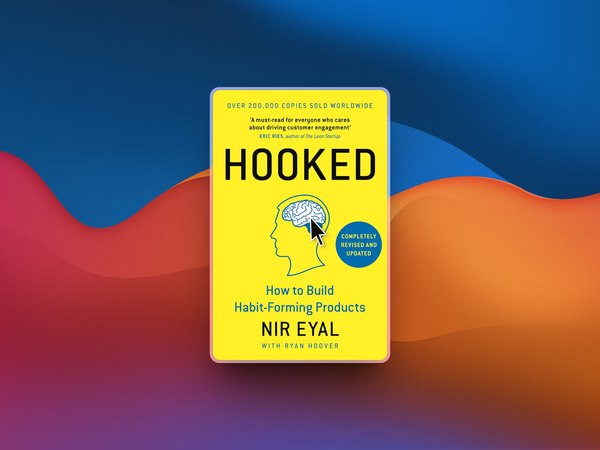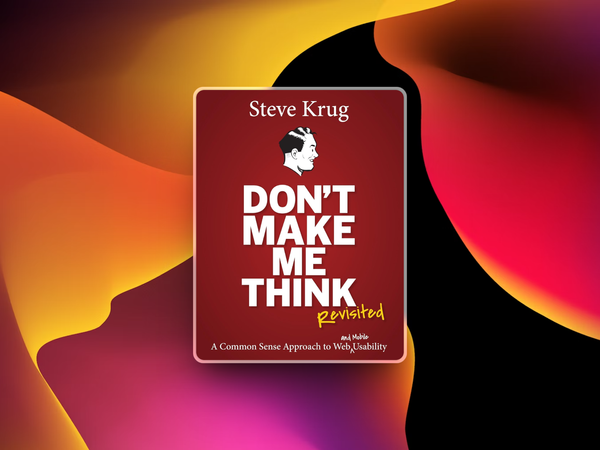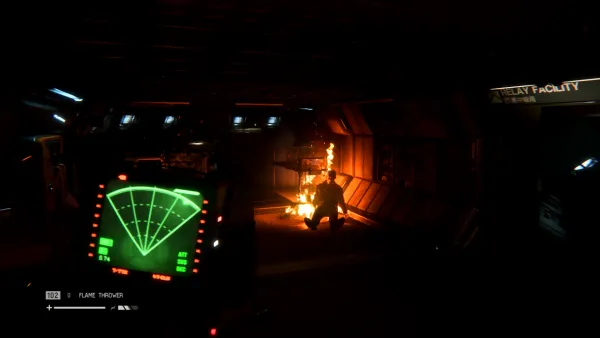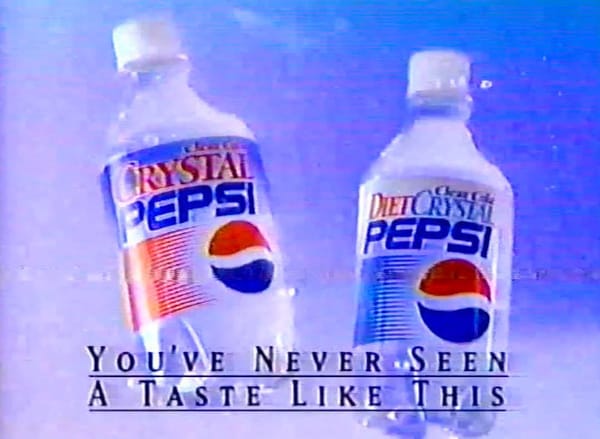Oasis fans, like fans of so many other major artists, were thrown into the emotional ringer recently.
As soon as the band announced their new tour, tickets sold out almost immediately. Many fans were left empty-handed, frustrated, and, frankly, ripped off.
It’s easy to pin this on the band’s popularity, but the real culprit is a well-oiled machine of psychological manipulation in ticketing systems—a classic bait and switch with a modern twist.
Scarcity: A Modern UX Manipulation
Here’s the dirty secret: these ticketing systems aren’t just selling tickets; they’re selling anxiety.
It starts with scarcity.
The idea is simple: if people think something is rare or about to run out, they want it more. It’s the oldest trick in the book, dressed up in shiny new UX.
When you log in to buy a ticket, you're immediately thrown into a virtual queue. That “thousands of people ahead of you” message you see?
Whether it’s true or not, it serves its purpose. It builds anxiety, making you feel like you’re on the brink of missing out.
This anxiety is then compounded with urgency.
Once you’ve finally slogged through the queue, you’re given a very short window to complete your purchase.
The ticking clock on the screen isn’t just counting down to your timeout—it’s counting down to you agreeing to whatever outrageous price they’ve decided on that day.
You’ve already spent time waiting, and now that you’re so close, bailing feels like wasting all that effort.
It’s a psychological trick known as the sunken cost fallacy. By the time you see the price tag, you’re already invested.
You’re locked in.
Dynamic Pricing: Profiteering in Disguise
And let’s not forget about surge pricing, the ticketing industry’s favorite tool.
Media reports would suggest this is what fans were most annoyed about, with some vitriol even levelled at Oasis themselves.
With dynamic pricing, prices fluctuate in real-time based on demand, shooting up the moment they sense a rush. The idea is marketed as a way to make sure tickets go to the most "passionate fans", but let’s call it what it is: profiteering.
It’s not about rewarding fans; it’s about squeezing every possible dollar out of them. It’s a feature, not a bug.
And make no mistake, the acts themselves are complicit in this.
Surge pricing is an opt-in feature, which means that every time you’re staring at that sky-high price, know that the artists and their management teams have green-lit this model.
The Need for Competition in the Ticketing Market
At the heart of this issue is a lack of competition.
The ticketing market is dominated by giants like Ticketmaster, who have little incentive to treat fans fairly.
With such monopolistic control, these companies can set the rules, and fans are left to play the game. This scarcity model would be harder to pull off in a more competitive landscape.
If fans had real choices, ticketing companies would have to innovate and prioritise fair and transparent practices.
Instead, we have a market that prioritises profit over the fan experience, and until something changes, this cycle of exploitation will continue.
Who’s to Blame?
The solution isn’t just about tweaking the system; it’s about overhauling it. Fans need to continue voicing their dissatisfaction.
Public outcry can sometimes push artists and ticketing platforms to rethink their practices.
Artists, too, have a role to play.
They have the power to opt out of these exploitative systems and demand better for their fans.
After all, without the fans, the show doesn’t go on. And regulators need to step in and break up the monopolies, ensuring a fairer market where competition can thrive. The Oasis tour debacle isn’t just about a band’s popularity; it’s about the systemic exploitation of fans.
It’s a carefully orchestrated manipulation of scarcity and urgency designed to turn a concert ticket into a high-stakes purchase. If we want a fairer system, we need more than just tweaks.
We need competition, transparency, and accountability.
It’s time to take a stand and demand a ticketing system that respects the fans. Because a concert should be a shared celebration of music, not a masterclass in psychological manipulation.











